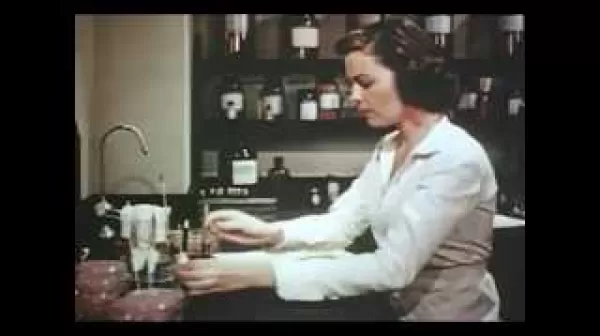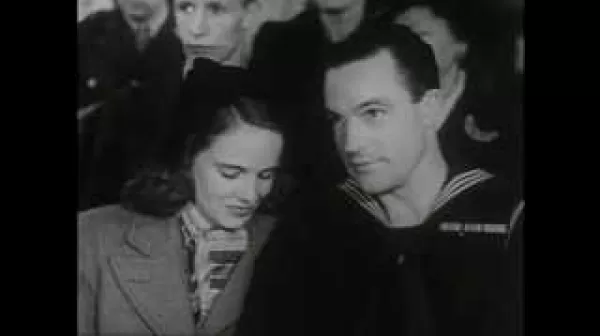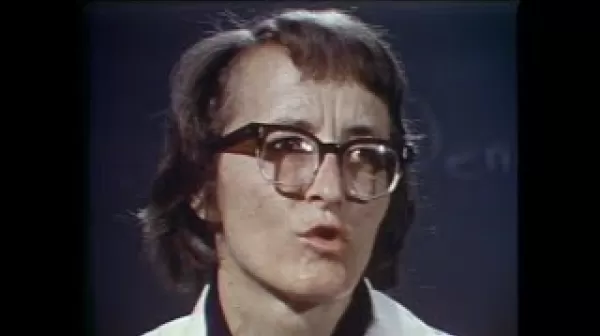The Diagnosis of Late Syphilis (USPHS, 1943)
This film describes and shows the effects of late-stage syphilis, including lesions all over the body, collapse of the bridge of the nose, and bone problems. It emphasizes that only examination of spinal fluid can confirm the condition, though symptoms including disorientation, physical impairment, and ocular problems may seem obvious. One type of syphilis affecting the cardiovascular system requires other forms of examination and diagnosis. In congenital syphilis, facial deformities are common, as is deafness.










